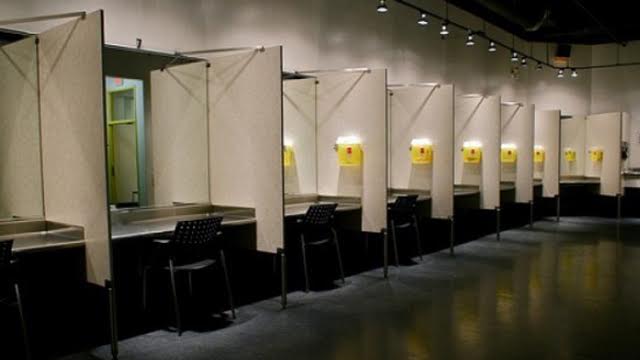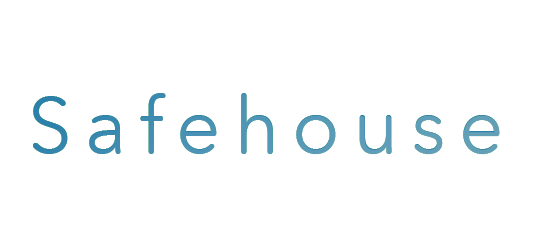Harm Reduction Coalition celebrates U.S. District Judge Gerald McHugh’s ruling yesterday denying the Department of Justice’s bid to prevent Safehouse from opening safe injection sites for overdose prevention services in Philadelphia. We honor the dedication and sacrifice of our friends and colleagues whose activism and perseverance in the face of stigma made this victory possible.
“There has been an army of advocates in Philly, past and present, alive and dead that have been supporting harm reduction and safe consumption advocacy. Too many people to name.” – Sterling Johnson, Organizer, ACT-UP Philadelphia, Safehouse Advisory Boardmember

The Department of Justice’s strident opposition to safe injection sites (also known as overdose prevention sites, and supervised consumption spaces) is emblematic of this Administration’s broader zeal to resurrect extreme policing and prosecutorial tactics under the alibi of combating the opioid overdose crisis. Despite lip service to criminal justice reform and public health approaches to drug problems, the Administration has repeatedly pursued a politics of punishment and criminalization as the bedrock of its drug policy.
The ruling in United States vs. Safehouse exposes the bankruptcy of the Department of Justice’s stance: doubling down on the criminalization of drug use will not save us from the overdose epidemic, and only serves to divide communities and push people at risk even further into harm’s way. This Department of Justice can only conceive of people who use drugs as criminals, informers, or victims in need of reform and rescue — in stark contrast to Safehouse and its allies, who regard people who use drugs as neighbors, friends, family, and ultimately partners in leading meaningful solutions to the overdose crisis.
The statements made in response to Judge McHugh’s ruling by Deputy Attorney General Jeffrey Rosen and United States Attorney William McSwain demonstrate a stark refusal to reckon with the poisonous legacies of the racialized War on Drugs that dehumanizes people who use drugs and deprives them of not only safety, but the vital care, connection, and community that harm reduction strategies such as the Safehouse model can provide. The most effective forms of harm reduction take their direction and inspiration from the practices of mutual aid through which people who use drugs support, sustain, and protect each other in an environment hostile to their survival.
Sites and services such as the one proposed by Safehouse reflect this principle; Judge McHugh’s ruling signals that we can no longer afford to use the outdated logics of criminal justice to frame debates around the safety, health, and dignity of people who use drugs and their communities in the midst of a devastating overdose crisis. The debate about whether to implement overdose prevention sites has been settled; the only outstanding question is how best to maximize their reach and impact.
Harm Reduction Coalition calls upon elected officials in communities and states that have hesitated to implement safer consumption spaces to find the courage and moral clarity to move forward. Yesterday’s ruling makes clear that leaders operating in good faith have a clear choice: either you stand with people who use drugs and harm reduction, or you defer to the Trump Administration’s Department of Justice through your opposition or inaction.
To support Safehouse’s ongoing, lifesaving work, make a donation to them here.

